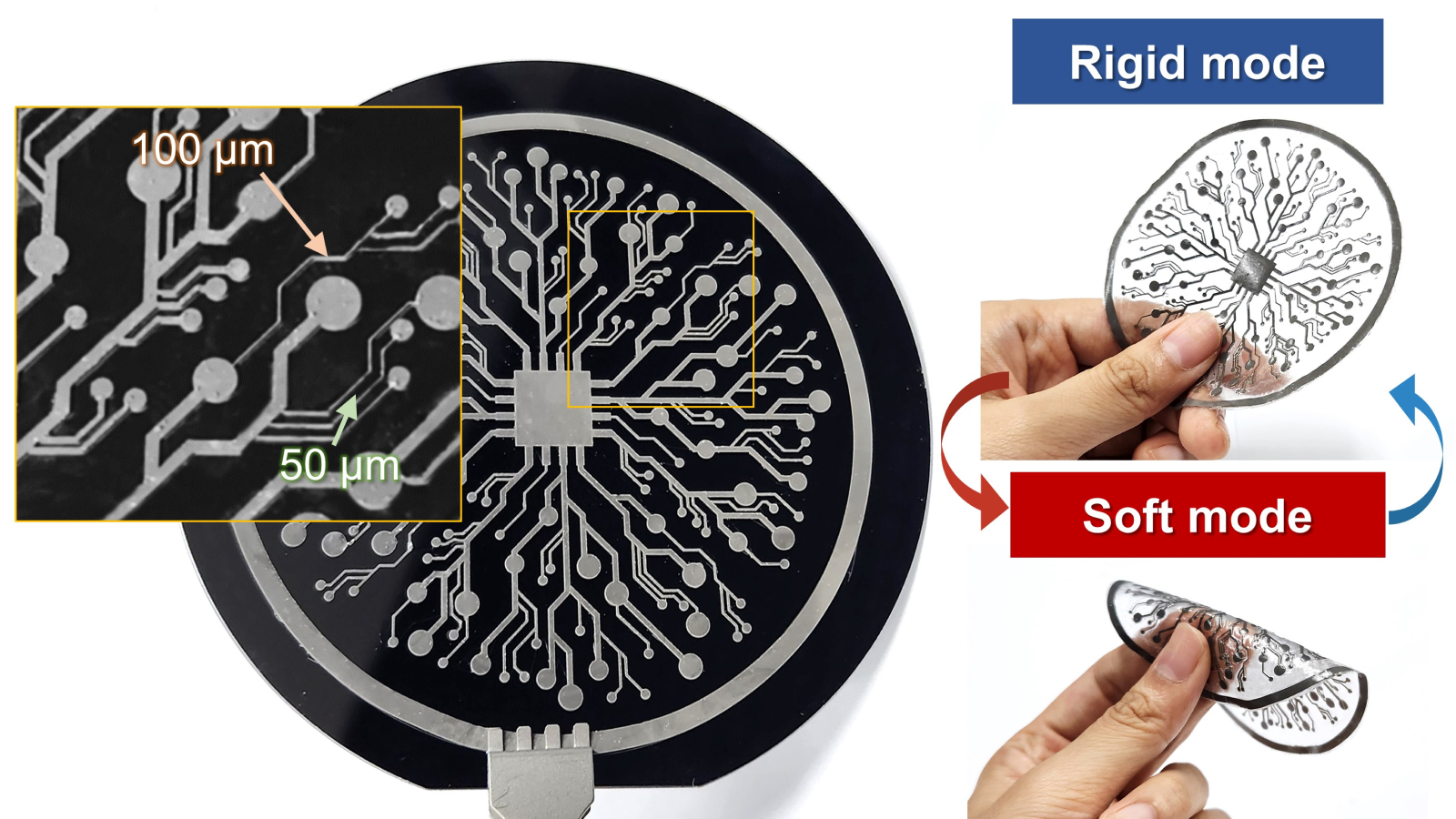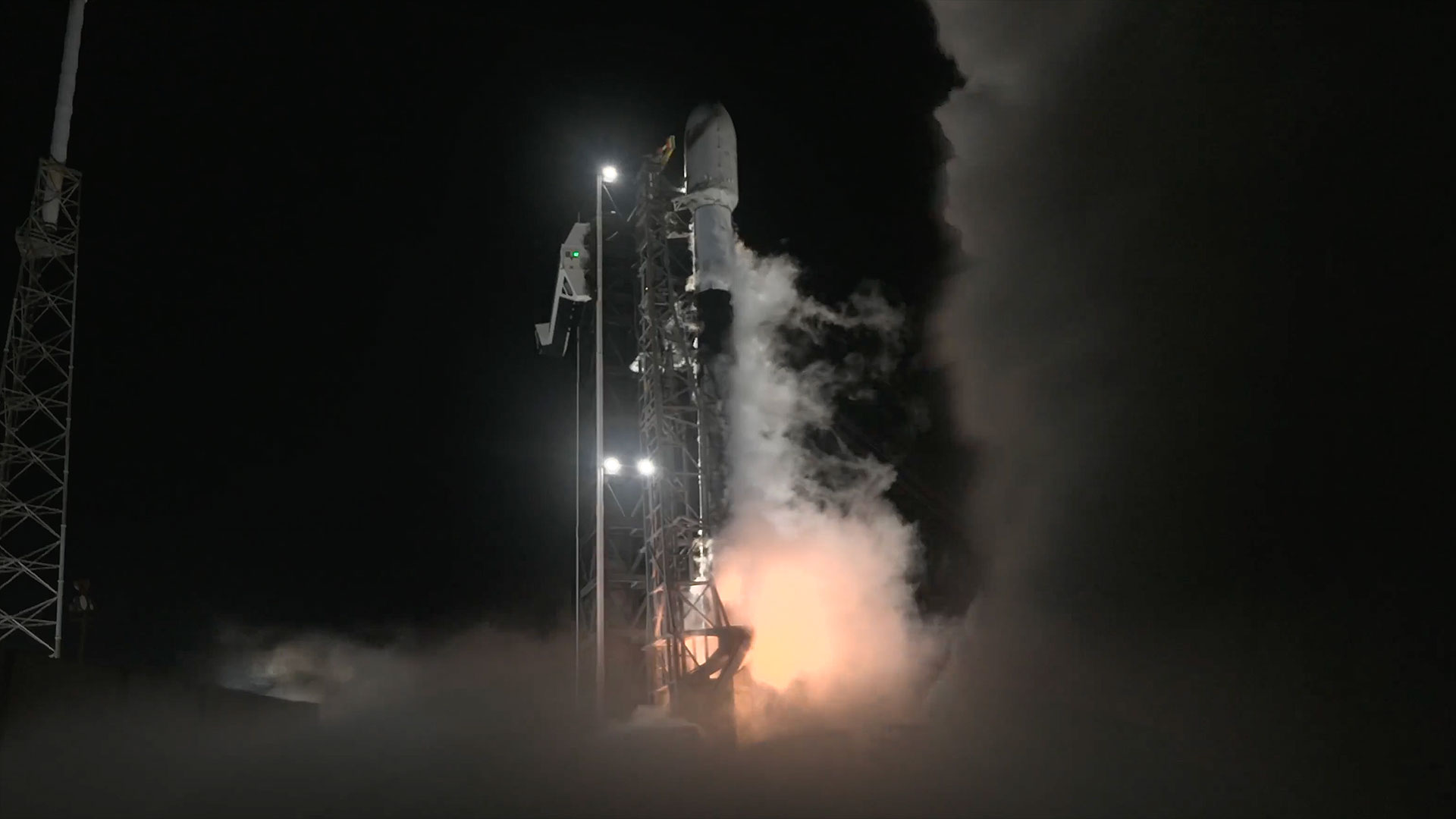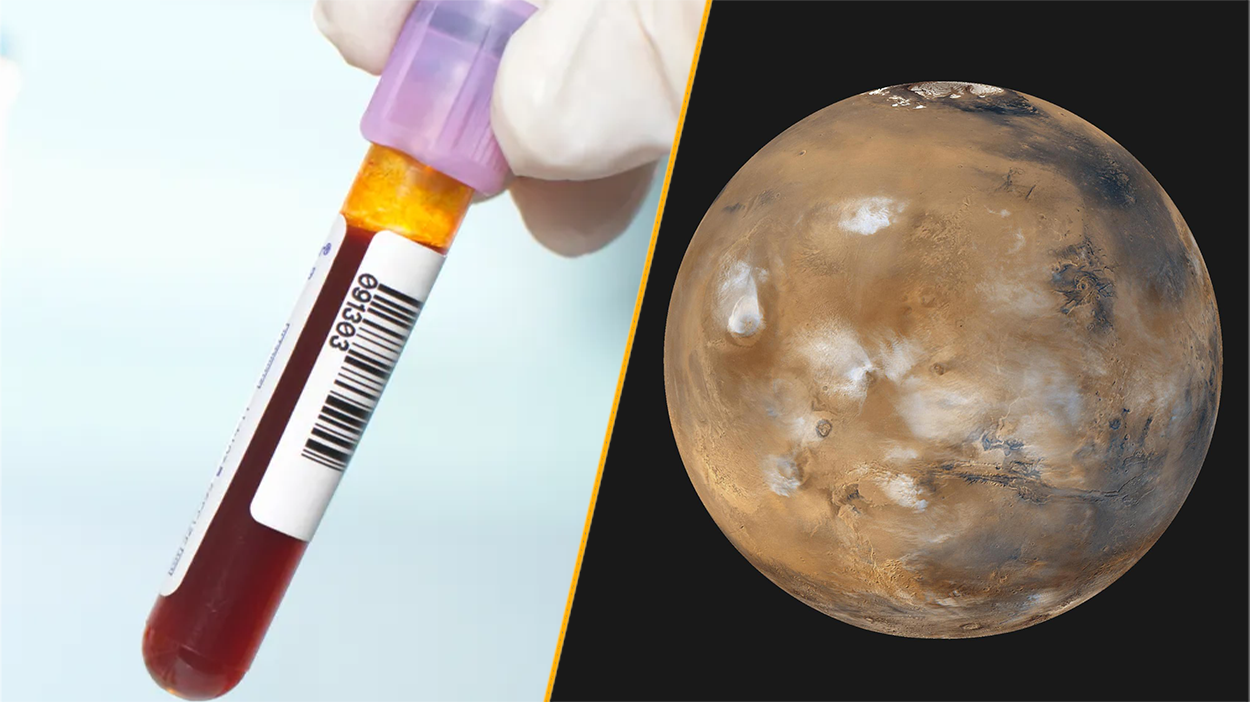Deep sleep seems to lead to more eureka moments


Taking a nap might help with solving problems
Pavel Marys / Alamy
Waking up from a deep nap appears to make people better at creative problem-solving.
In a new study, people were more likely to have a “eureka” moment if they had recently entered the second stage of sleep – in which brain activity slows and brief bursts of electrical activity called sleep spindles occur – than if they slept lightly or not at all.
The findings suggest that a brief, deep nap can trigger valuable moments of insight, says Anika Löwe at the Max Planck Institute for Human Development in Berlin.
“I think we’re at the very beginning of uncovering what’s actually happening during sleep that makes it so beneficial,” she says. “One possibility is that during deep sleep, our brains sift through what’s relevant and what’s irrelevant, and so when we wake up we have these insight moments that get to the gist of the problem.”
Previous studies have mostly found that naps can boost creativity and help people solve problems, but there is disagreement over which stage of sleep is most beneficial. Several suggest that the lightest stage of non-REM sleep, N1, is ideal – an idea embraced by Thomas Edison, who reportedly used to nap holding steel balls that would crash loudly to the floor and wake him up if he drifted too deeply into sleep. But other studies suggest that the deeper N2 stage – still lighter than slow-wave sleep, N3 – triggers more innovation.
To investigate further, Löwe and her colleagues asked 90 people who were aged 18 to 35 and didn’t have a sleep disorder to use a keyboard to classify the direction of motion of hundreds of rapidly flashing dot patterns on a screen. The researchers didn’t inform the participants that the dots’ colours gradually began to predict the correct answer partway through the task.
Fifteen participants spontaneously figured out the shortcut during the first 25 minutes of the task. The remaining 75 were invited to lie down for a 20-minute nap in a quiet, dark room, while hooked up to EEG monitors that tracked their brain activity.
After the nap, they tried the tasks again. This time, most of the participants figured out the shortcut from the colours, but the likelihood of a eureka moment appeared to depend on how deeply the people had napped. Among the 68 participants whose EEG data permitted high-quality readings, 85.7 per cent of people who fell into deep N2 sleep figured out the shortcut, compared with only 63.6 per cent of those who only reached the lighter N1 phase and only 55.5 per cent of those who didn’t slip into sleep at all.
The study clearly shows that deeper sleep facilitates eureka moments – at least for this particular task, says Itamar Lerner at the University of Texas at San Antonio. “The type of task used is critical for whether it is boosted by sleep or not.”
Delphine Oudiette at the Paris Brain Institute notes that different task designs could explain why her team found significantly more problem-solving after N1 sleep. “Maybe both sleep stages matter, but for different types of cognitive processes that we have to isolate to understand better,” she says.
Björn Rasch at the University of Fribourg, Switzerland, says the findings clearly support the idea that deeper sleep may support problem-solving. Even so, he cautions that the study’s design makes it hard to separate cause from coincidence. Because participants weren’t randomly assigned to sleep stages or studied individually across different sleep scenarios, it is possible that those who managed to fall asleep in an IKEA armchair at a research lab might just happen to be those who “simply have higher insight capabilities”, especially after a nap, he says.
Topics:
Source link






